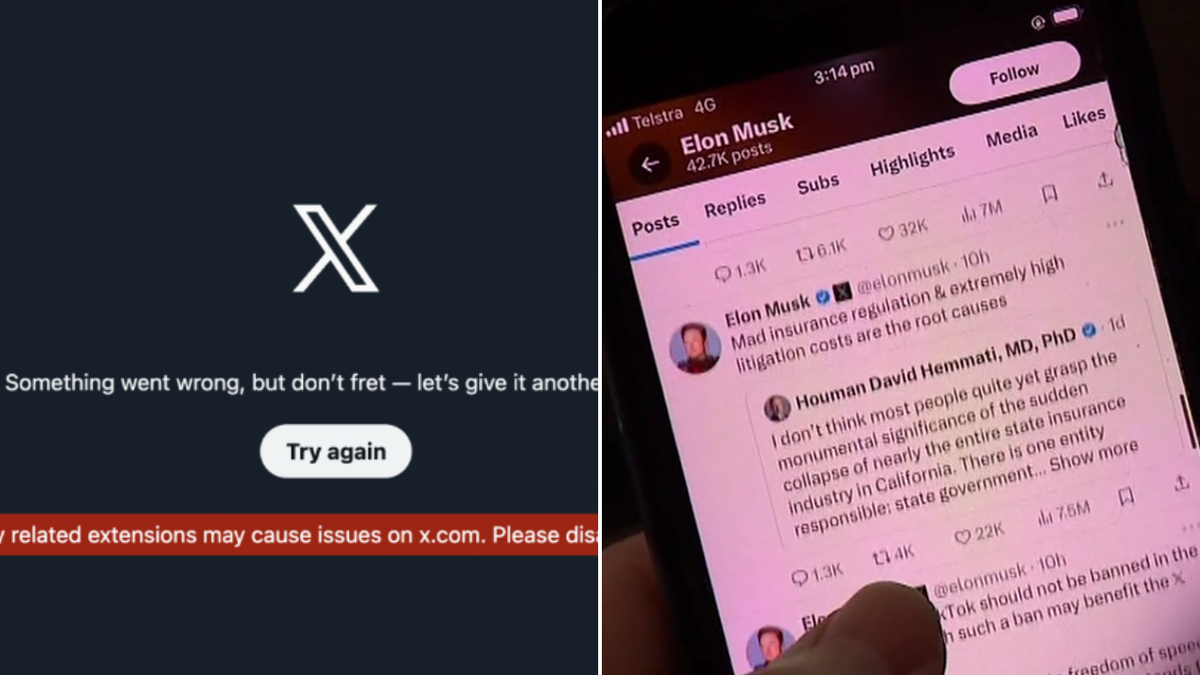
Pediatricians and dentists consider fluoride supplements to be a critical tool for combating cavities, especially for children who live in areas without fluoridated water, as roughly 40 percent of the U.S. population does. (Jordan Bohannon/The New York Times) — FOR EDITORIAL USE ONLY WITH NYT STORY SCI FDA FLUORIDE BY BLUM FOR NOV. 17, 2025. ALL OTHER USE PROHIBITED. —
On October 31, 2023, the Food and Drug Administration (FDA) announced new recommendations regarding fluoride supplements, a move that has raised alarm among health professionals. The agency advised against prescribing fluoride tablets and drops for children under the age of three, as well as for older children deemed at low risk for tooth decay. This shift comes amidst growing skepticism about fluoride, a mineral that has been part of public water systems in the United States since the 1940s, aimed at preventing dental decay.
Fluoride supplements have long been considered essential for combating cavities, particularly for children living in areas without fluoridated water, affecting approximately 40 percent of the U.S. population. Yet, recent statements from health officials, including Robert F. Kennedy Jr., who labeled fluoride as “neurotoxic and carcinogenic,” have ignited debate. In March 2023, Utah became the first state to ban fluoride in drinking water, marking a significant shift in public health policy.
The FDA’s latest guidance, which does not constitute a ban, still discourages healthcare providers from prescribing fluoride for very young children. The agency raised concerns about potential links between high fluoride levels and lower IQs in children, although these claims have been criticized by external experts who describe the supporting research as flawed.
Mixed Reactions from Health Experts
While some professionals express relief that the recommendations are not as restrictive as feared, others worry about the implications for public health. Dr. Steven Levy, a public health dentist at the University of Iowa, commented, “When all is said and done, the recommendations are more limited and less restrictive than I was afraid they would be.” He noted that the new guidelines may exacerbate public anxiety about fluoride, despite its established safety and efficacy.
“The concern is that the bluster, the sizzle, the storm, really brews concern among our patients about what is known to be a safe and effective tool,”
said Dr. Susan Fisher-Owens, a pediatrician advising the California Department of Public Health on fluoride matters.
In areas like Hawaii, where fluoride is added only on military bases, the use of supplements has become critical. Dr. Regina Nguyen, the dental director at Waianae Coast Comprehensive Health Centre, reported an increase in parents refusing fluoride during dental check-ups over the past year, indicating a trend of “fluoride hesitancy.”
Concerns About Dental Health Impact
Many healthcare professionals agree that the evidence supporting a reduction in fluoride use is lacking. They emphasize that the risks associated with untreated tooth decay—such as infections and tooth loss—outweigh the unverified concerns surrounding fluoride supplements. Dr. Paul Casamassimo, a pediatric dentist at Nationwide Children’s Hospital, noted that parents are increasingly inquiring about fluoride-free toothpaste, reflecting a growing unease fueled by misinformation.
In Oregon, where water supply is not fluoridated, Dr. Mark Stapleton has witnessed the severe consequences of untreated dental disease in children. He highlighted the need for proper fluoride exposure, stating, “I think people who have not had that experience really can’t imagine it happening for a very, very young child.”
While fluoride varnish treatments can still be offered to young children, they do not replace the daily fluoride intake recommended for cavity prevention. Dr. Ryan Spotts, a pediatrician at Penn State Health Golisano Children’s Hospital, noted that the most vulnerable children, particularly those with limited access to dental care, may suffer the most from these new guidelines.
The importance of maintaining a healthy diet and proper oral hygiene cannot be overstated, according to Dr. Steven Chapman, a general pediatrician at Dartmouth Health Children’s. However, he emphasized that relying solely on these practices without fluoride intervention is inadequate. “To say that’s the only thing that’s important seems silly,” he remarked.
As the conversation around fluoride continues to evolve, health professionals remain committed to educating families about the benefits of fluoride as a valuable preventive measure against tooth decay. The FDA’s latest recommendations may shift perceptions, but the consensus among many dentists and pediatricians is clear: fluoride remains a key player in the fight against childhood cavities.







